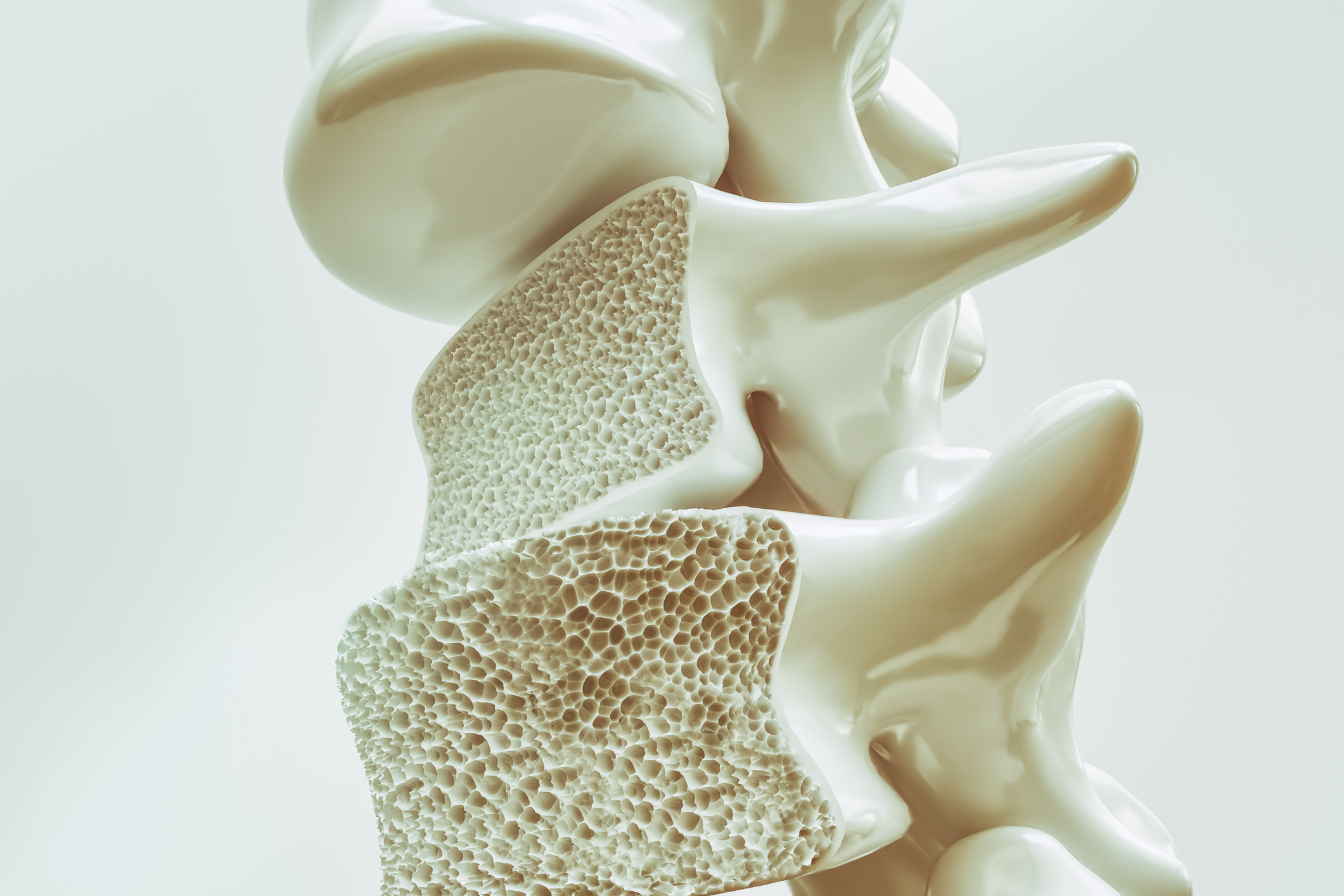
When it comes to supporting bone density, a well-balanced and nutrient-rich diet plays a crucial role. Here are some dietary guidelines for individuals concerned about bone health:
- Calcium-Rich Foods: Calcium is essential for maintaining strong bones. Include calcium-rich foods in your diet, such as dairy products (milk, cheese, yogurt), fortified plant-based milk alternatives, leafy green vegetables (kale, broccoli, spinach), tofu, and canned fish with bones (like salmon or sardines).
- Vitamin D: Vitamin D aids in calcium absorption. Spend time outdoors to allow your body to produce vitamin D naturally through sun exposure. Additionally, incorporate foods like fatty fish (salmon, mackerel), egg yolks, fortified cereals, and fortified dairy or plant-based milk products into your diet. In some cases, a vitamin D supplement may be recommended by your healthcare provider.
- Magnesium: Magnesium is involved in bone formation and metabolism. Consume magnesium-rich foods such as whole grains, nuts, seeds (pumpkin, sunflower), legumes, leafy greens, and dark chocolate.
- Vitamin K: Vitamin K plays a role in bone mineralization. Include foods like leafy green vegetables (kale, spinach, collard greens), broccoli, Brussels sprouts, and fermented foods (sauerkraut) in your meals.
- Protein: Adequate protein intake is necessary for bone health. Include lean meats, poultry, fish, legumes, nuts, seeds, dairy products, and plant-based protein sources (tofu, tempeh) in your diet.
- Phosphorus: Phosphorus is an essential mineral for bone structure. Consume phosphorus-rich foods like fish, poultry, lean meats, dairy products, nuts, seeds, and whole grains.
- Reduce Sodium Intake: High sodium intake can increase calcium excretion. Minimize processed and packaged foods, and limit the use of table salt. Instead, use herbs, spices, and lemon juice to add flavor to your meals.
- Limit Caffeine and Alcohol: Excessive consumption of caffeine and alcohol may negatively affect bone health. Moderate your intake of coffee, tea, carbonated beverages, and alcohol.
- Adequate Hydration: Stay hydrated by drinking sufficient water throughout the day. Opt for water as your primary beverage and limit sugary drinks.
- Balanced Diet: Ensure you have a well-balanced diet with a variety of fruits, vegetables, whole grains, lean proteins, and healthy fats to obtain a range of essential nutrients for overall health.
Remember, it’s essential to consult with a healthcare professional or registered dietitian for personalized advice tailored to your specific needs and medical condition.
See More on Video

The Bone Density Solution By Shelly Manning The program is all about healthy food and healthy habits. As we discussed earlier, we develop osteoporosis due to low bone density. Therefore, you will have to choose the right food to help your calcium and other vitamin deficiencies.